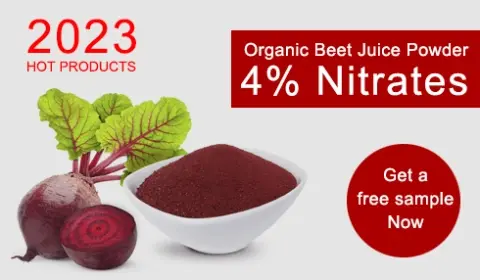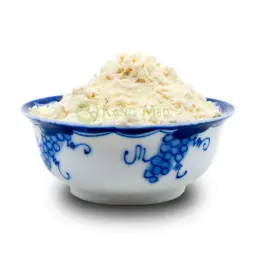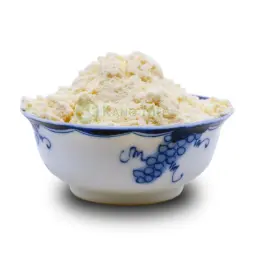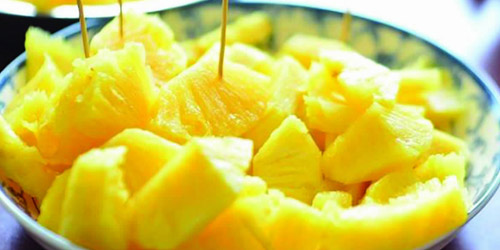The nutritional value and efficacy of pineapple
- Offer: 1825
- Added: 3/9/2023 10:14:20 PM
Introduction to pineapple
The pineapple was originally called "Bromeliad". Pineapple belongs to the perennial herbaceous fruit tree plant of the Bromeliaceae family. It is native to Brazil and was introduced to China in the 16th century. There are more than 70 varieties and one of the four famous fruits in Lingnan. Pineapple contains a lot of fructose, glucose, vitamins A, B, C, phosphorus, citric acid and protease. It is sweet and warm, and has the functions of relieving summer heat and quenching thirst, eliminating food and diarrhea, and is a seasonal good fruit for both summer medicine and food.
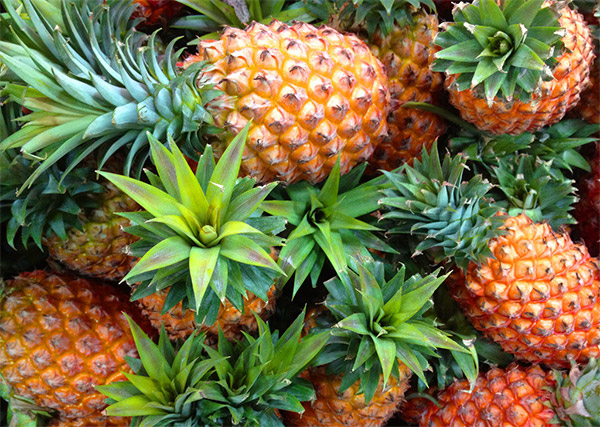
The nutritional value of pineapple
- Fresh pineapple has a high water content, about 85%. Its ingredients include sugars, proteins, fats, vitamins A, B1, B2, C, proteolytic enzymes and calcium, phosphorus, iron, organic acids, niacin, etc. In particular, vitamin C content is the highest.
- Pineapple contains a substance called "pineapple prase", which can break down proteins.
Efficacy of pineapple
- Pineapple is sweet, slightly acidic, calm in nature, enters the stomach and kidney meridian; it has the functions of strengthening stomach and digesting food, relieving heat and cooling heat, hangover, lowering blood pressure, anti-cancer, nourishing spleen and diarrhea, clearing stomach and quenching thirst. It can be used for indigestion, enteritis, diarrhea, heatstroke, body heat and thirst embolism. It can also be used for auxiliary treatment of high blood pressure, dizziness, and weak hands and feet.
- The sugar, salts and enzymes contained in pineapple have a diuretic effect. Proper consumption is good for patients with hypertension and nephritis. In addition, pineapple enzyme also has the effect of dissolving fibrin and blood clots that are blocked in tissues, which can improve local blood circulation and eliminate inflammation and edema.
- Pineapple contains a substance called "pineapple prase", which can break down proteins, dissolve fibrin and blood clots blocked in tissues, improve local blood circulation, eliminate inflammation and edema; sugar and salts contained in pineapple And enzymes have a diuretic effect, and proper consumption is beneficial to patients with nephritis and hypertension.
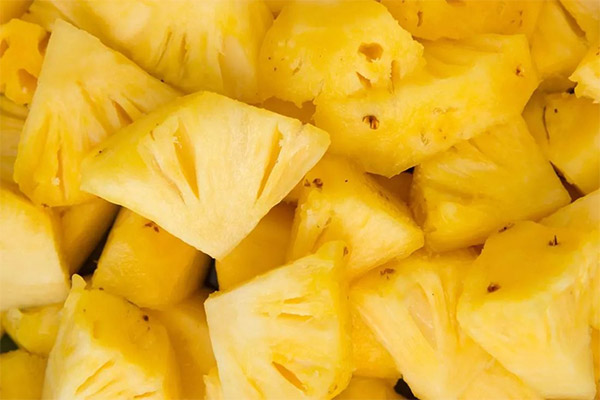
Applicable people of pineapple
It can be eaten by the general population. People with allergies should eat with caution. People with allergies to pineapple should avoid it. Pineapple is a food that can cause allergies, so for pregnant women and lactating women, it is best to eat less or not. For babies, it is best to eat pineapple after 2 years old.
- It is especially suitable for those who have heat and irritability, nephritis, hypertension, bronchitis, and indigestion;
- People with ulcer disease, kidney disease, and blood coagulation dysfunction should fast pineapple, and people with fever and eczema scabies should not eat more.
- People with low blood pressure and visceral sagging should try to eat as little pineapple as possible to avoid aggravating the disease; female friends who are afraid of cold and infirm should eat pineapple within half of it. People who are too thin or want to gain weight should not eat more.
